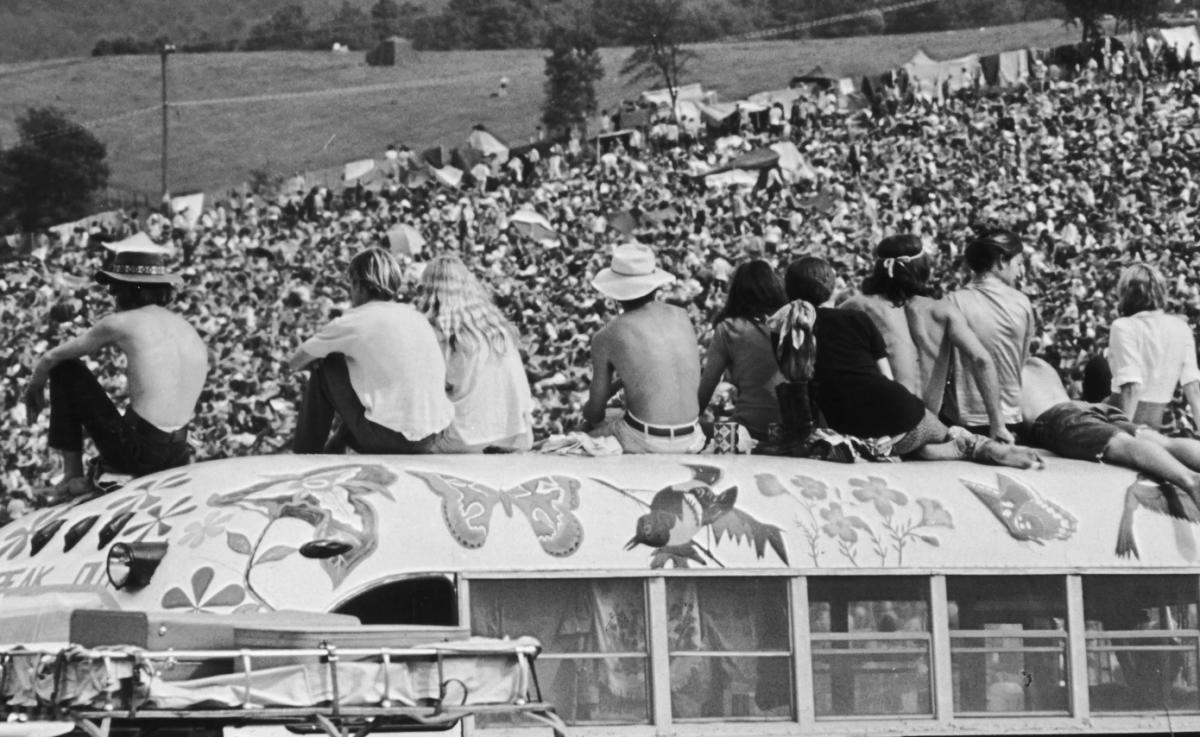Adolescence and young adulthood during the turbulent 1960s challenged the senses and sensibilities. It was a decade that begged to be explained. Its impact still resonates.
The music, epitomized by the incomparable Beatles, explored social mores, love, disobedience and war. While the sound captivated people throughout the world, the lyrics compelled soul-searching and doubt. I can still hear the unmistakable rhythms of the British Invasion pour out of rooms in my college dormitory. It was infectious.
The world of music had changed; rock-and-roll had taken a strange but wonderful turn.
The Vietnam War dominated the 1960s, bringing the horror of vicious combat to television screens. Death was a constant. Dishonest behavior by Presidents Johnson and Nixon added to the disillusionment and generational tension that pervaded our ruptured country.
Assassinations of an American president, his brother seeking the presidency and the most visible civil rights leader marked this upsetting decade as one that shook and splintered the United States in ways that disrupted family and community cohesion.
A young, charismatic president. His passionate, relentless brother. And a leader determined to stamp out racial bias. All three gone by the way of bullets and rage. The 1960s shook our beings to the core. It was a wrenching time in America.
Readers may wonder what inspired this surge of painful nostalgia. As my wife and I recently watched The Sixties Show in Annapolis, a multi-media production, the music, events and personalities that dominated our young lives again burrowed into our consciousness. Images of anti-war protests, the wild and ruly Woodstock music festival, the somberly beautiful lyrics of Simon and Garfunkel, the advent of the smooth Motown sound and the cruelly unnecessary murders of President John F. Kennedy, Sen. Robert Kennedy and the Rev. Martin Luther King, Jr. all coalesced in a music venue filled with memories of unforgettable music and societal disruption.
The 1960s remain part of my soul. Social unrest roiled our lives. The peaceful 1950s gave way to questioning and concern. Racial injustice was a major theme, embodied in the soaring words of Rev. King. Sexual mores became more liberal. Marijuana was the drug of choice. Academic and governmental institutions engendered distrust.
Life turned upside down. America was undergoing catastrophic change.
Music performed by counter-cultural groups provided the backdrop for a noisy revolution. African American groups came out of Detroit with a smooth Motown sound that captivated audiences of all shades. It was a remarkable transformation of popular music. Like all artistic works, music reflected the times: circumspect, sad, rebellious and soulful.
As noted, the Vietnam War was the defining event. It split our nation: young versus old, Black versus White, liberal versus conservative and status quo versus change.
Opposition to the war was rampant on college campuses. World War II-era parents generally supported the Far Eastern conflict. Black leaders bemoaned the large number of young African Americans serving in infantry units prone to combat death. Sons of wealthy, well-connected parents avoided the war by joining the Guard and Reserve—or moving to Canada.
Liberal voters grew in their criticism of a war that U.S. forces seemed to be losing; conservative voters supported the government despite increasingly reliable information about our failed efforts.
Remnants of the Vietnam War remain in my generation. So do opposing views of patriotism and disagreement.
As The Sixties Show ended, the mostly gray-haired audience was clapping and singing along. It was heartening. The mood was joyous. Politics was irrelevant. The decade had stirred strong passions. The music was a unifier.
Columnist Howard Freedlander retired in 2011 as Deputy State Treasurer of the State of Maryland. Previously, he was the executive officer of the Maryland National Guard. He also served as community editor for Chesapeake Publishing, lastly at the Queen Anne’s Record-Observer. After 44 years in Easton, Howard and his wife, Liz, moved in November 2020 to Annapolis, where they live with Toby, a King Charles Cavalier Spaniel who has no regal bearing, just a mellow, enticing disposition.



As a child of the 60s, this piece gave me comfort that isn’t just me who feels this way. I have often considered having a t-shirt printed that just says “I survived the 60s”.